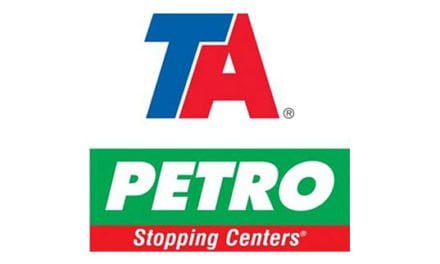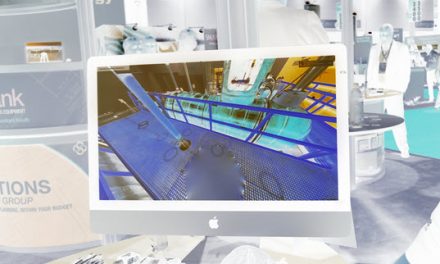In testimony before the Senate Committee on Environment and Public Works today, U.S. Chamber of Commerce President and CEO Thomas J. Donohue urged lawmakers to build on reforms in the bipartisan highway, transit, and safety law, Moving Ahead for Progress in the 21st Century (MAP-21) which was signed into law in 2012. Donohue also urged the Senate to identify the resources needed to maintain, and ideally increase, smart spending on the nation’s transportation system.
“A first rate national transportation system is necessary in order to maintain a first rate economy in the United States,” said Donohue. “Failure to address transportation problems undermines U.S. economic growth. This is the fundamental reason that the federal government must take a leading role in making sure that transportation policies—and the related programs and spending that implement these policies—contribute to a strong economy, including enabling interstate commerce, facilitating international trade, and propelling the efficient mobility and connectivity of people and products.
 “In discussing highway, transit and safety legislation over the years, the Chamber has been clear, consistent, and repetitive on three key points. First, we must get the most bang for the buck out of every federal dollar through good policy and programs. Second, the federal government is not the only game in town; the private sector must play an increasing role in project financing and delivery. Third, the best policy and the most creative financing tools do not do much good without revenues.
“In discussing highway, transit and safety legislation over the years, the Chamber has been clear, consistent, and repetitive on three key points. First, we must get the most bang for the buck out of every federal dollar through good policy and programs. Second, the federal government is not the only game in town; the private sector must play an increasing role in project financing and delivery. Third, the best policy and the most creative financing tools do not do much good without revenues.
“The Chamber believes that Congress should maintain a user-fee based Highway Trust Fund (HTF) to support a strong federal role and enable multi-year funding commitments by the federal government to states and metropolitan planning organizations.
“Raising user fees to cover the shortfall and allow for increased investment should not be dismissed. Increases should have been done long ago to make up for lost purchasing power and address unmet needs. The challenge is one of political will.”
Donohue also reiterated the Chamber’s commitment to work with the committee and other stakeholders to generate support for transportation and the development of both policy reforms and revenue solutions.
Donohue’s testimony is available here.









